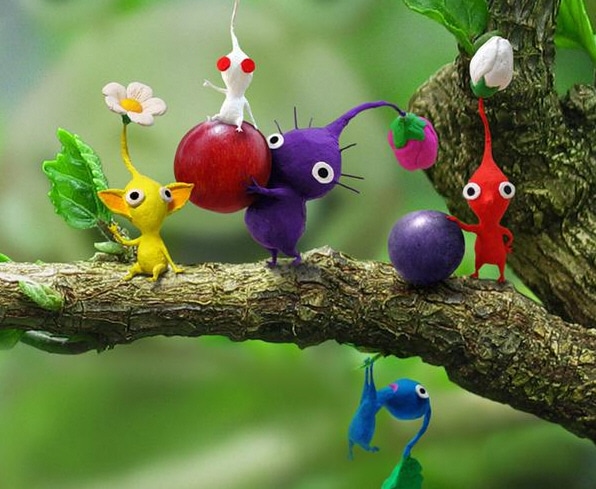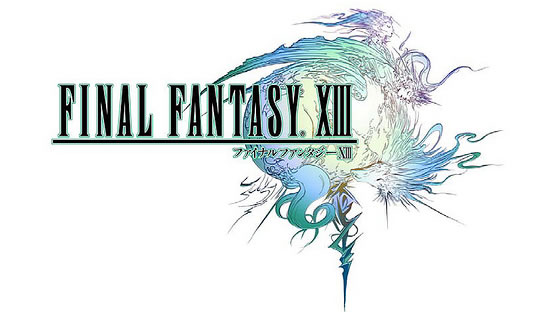
People underestimate this game. It's the closest Shigeru Miyamoto has ever (at least consciously) come to being an artist, and not an entertainer. His words, by the way -- no one pitch a "games are art" fit. Think of the game as a magnifying glass over the tiniest of ecosystems, with the struggle to survive at least equally (though probably more like exponentially) magnified. When things like bottle caps and puddles pose obstacles to your ever growing populous, and the local bullies are creepy-crawlers of prehistoric proportions, it's an eye-opening shift in perspective, to say the least. There's a reason I still haven't finished the game: I fear for my Pikmin. I don't want them to get lost, or drown, or be maimed by a Cretaceous caterpillar.
I've never experienced that fear (or anything comparable in emotional extremity) while playing similar population-management games. In the likes of Sim City and Roller Coaster Tycoon, it's quite often more fun to cause as much destruction as possible, rather than attempt completion of the quota. Not so in Pikmin. Maybe it's the setting, the injection of biology into a genre that is almost always urban or militarized, and whose usual focus is gluttonous micro-management... but Pikmin is for whatever indeterminable reason, more pathological. We know that Miyamoto was inspired by the "tiny worlds" he found in his garden. The result (as much as I hate the "E" word) is an almost existential examination of life. Or maybe mid-life is more appropriate, given Miyamoto's age, and player-character Captain Olimar's preoccupation with family. Not to mention the game's ticking clock. One of my favorite game overs ever, honestly: if marooned Olimar can't escape the deadly atmosphere in under 30 days, he dies. Most people buy a sports car; this genius made a real time strategy game about ecology and primary-colored bugs.
I've never experienced that fear (or anything comparable in emotional extremity) while playing similar population-management games. In the likes of Sim City and Roller Coaster Tycoon, it's quite often more fun to cause as much destruction as possible, rather than attempt completion of the quota. Not so in Pikmin. Maybe it's the setting, the injection of biology into a genre that is almost always urban or militarized, and whose usual focus is gluttonous micro-management... but Pikmin is for whatever indeterminable reason, more pathological. We know that Miyamoto was inspired by the "tiny worlds" he found in his garden. The result (as much as I hate the "E" word) is an almost existential examination of life. Or maybe mid-life is more appropriate, given Miyamoto's age, and player-character Captain Olimar's preoccupation with family. Not to mention the game's ticking clock. One of my favorite game overs ever, honestly: if marooned Olimar can't escape the deadly atmosphere in under 30 days, he dies. Most people buy a sports car; this genius made a real time strategy game about ecology and primary-colored bugs.

